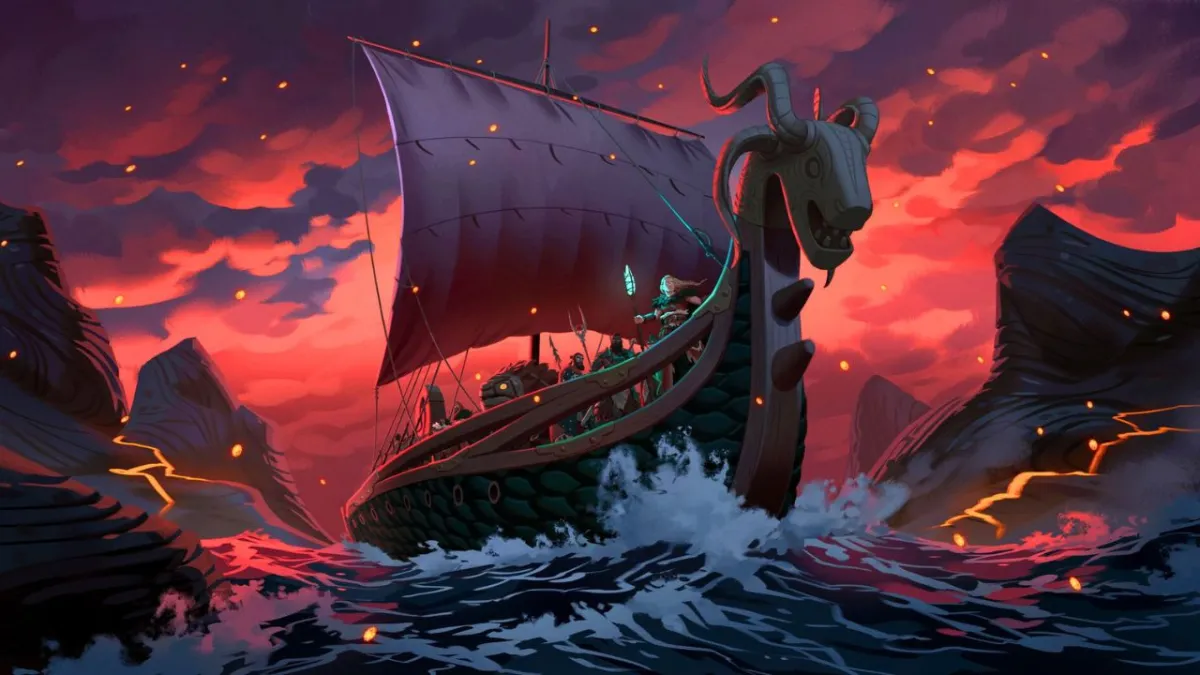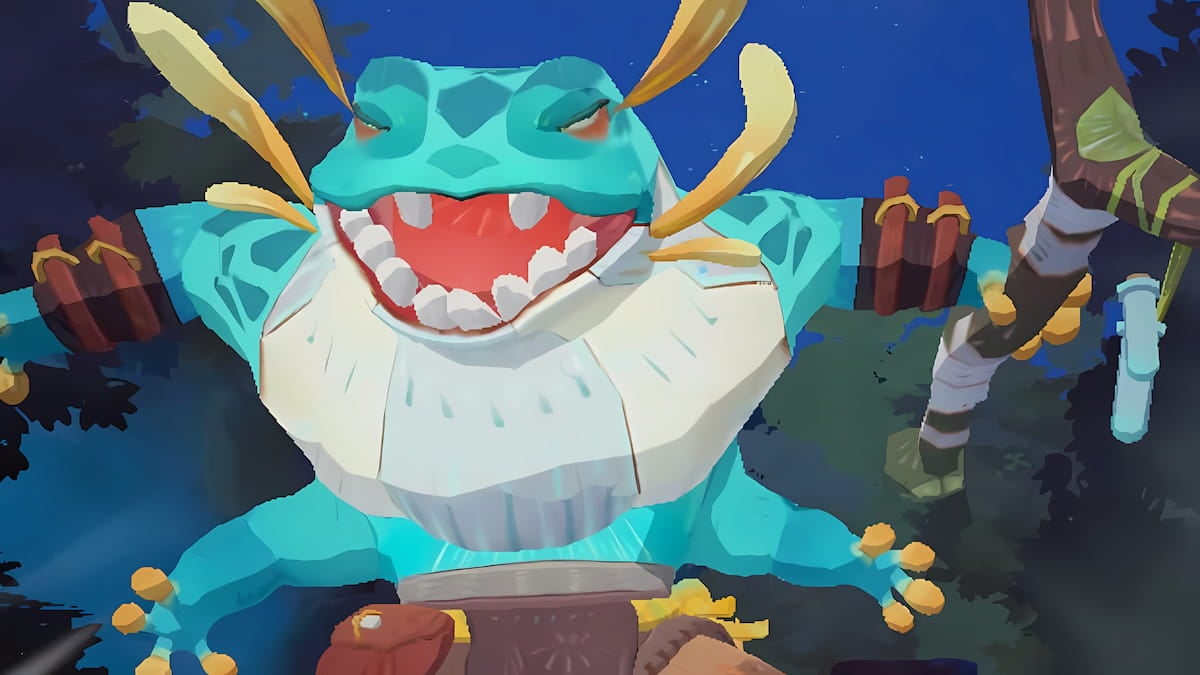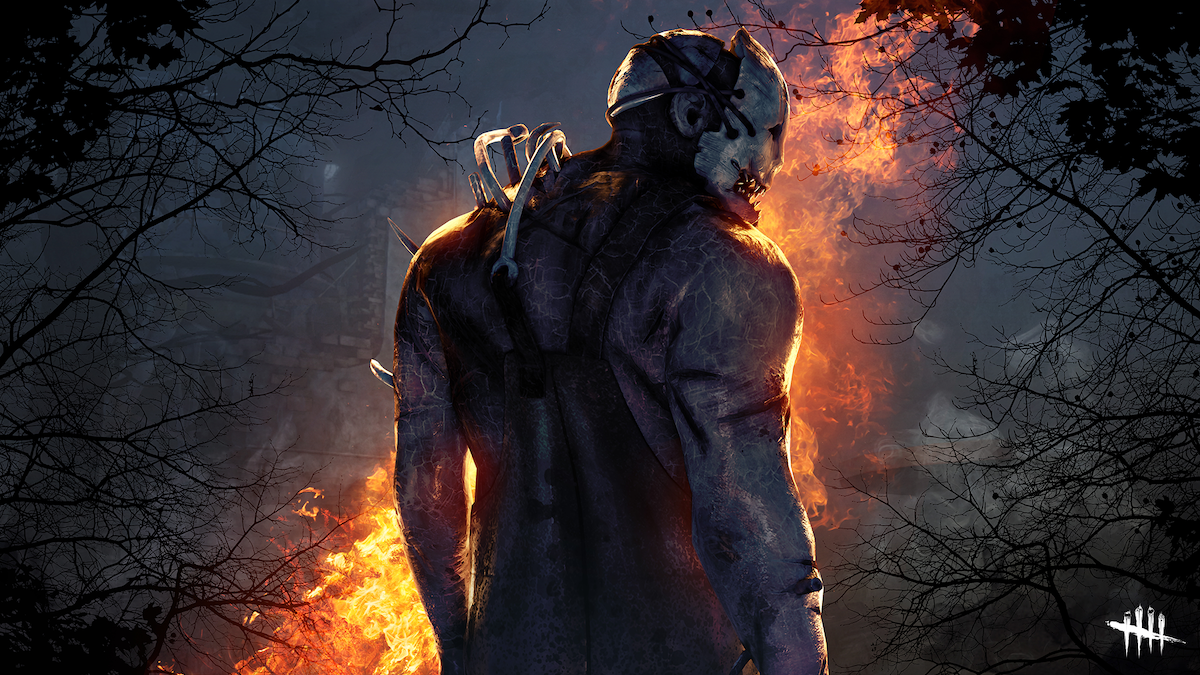As Korean and Chinese squads became dominant in professional League of Legends over the past few years, American side Counter Logic Gaming realized it had to make some changes to stay competitive.
So last summer, CLG made a move to mimic one part of Asia’s hugely successful gaming structure: It brought in a full-time coach. Since adding Christopher ‘MonteCristo’ Mykles in July, just about every western team has followed in CLG’s footsteps. Coaches are now a common sight in the League Championship Series.
But long before Mykles was brought in full-time, Tony ‘Zikz’ Gray was helping out behind the scenes, part-time, working with the team’s founder, George “HotShotGG” Georgallidis, to give an outside perspective on the team’s problems. On July 29, Gray moved in to the CLG house in Diamond Bar, Calif. This week, the 20-year-old college student will join full-time.
Despite big ambitions for the summer split, the team had become complacent, causing them to lose four games back to back. With a playoff spot secured, Mykles made the call to skip week 11, and bring the team to Korea for a month long boot camp in order to refocus the team and pull them out of their slump. Gray will usher in his first week as a full-timer by joining the squad in Korea. With their coaches in-house as they play the best Korean teams in the world, CLG hopes to make significant improvements that could leave them primed for a World Championship qualification.
We spoke with Gray about his role within the team, his relationship with Mykles, and CLG’s biggest weakness.
What role are you filling?
It’s sometimes hard to consider myself an analyst because the work I do doesn’t often use numbers—like people expect with an analyst job. I mainly do live analysis of scrims, which is pretty hard sometimes, trying to catch as many errors and find out how to learn from them, and eliminate them so they don’t happen again. I focus mainly on early game planning and things such as vision control, item builds, compositions, preparation, and more.
How are you working alongside Mykles?
I guess you could say I’m more of the micro person who deals with a million small things, while Monte is the one who really focuses on the large picture like map movements and “rotations.” Monte and I work together a bit to make practice as efficient as possible, so we don’t feel like we’re wasting people’s time, and make it as informative as possible. We review the games separately so we’ll notice as many things as possible, since it’s not easy to spot everything when you’re doing analysis of a game on the spot.
Do you take a specific approach to how you coach?
I think the interesting thing about my style of coaching is that I’m more like a friend to the team than I am a father figure, like most coaches are to the team. In a way, I’m the best friend who just wants to see you improve and get better.
So often, when I’m alone with the team members, it’s talk about how they think the team can improve and I can take that information from each player and turn that into something that will help us grow as a team. Pro players will often hide what they really want to say and won’t bring it out in team discussion because they don’t want to be dicks. So, often, I’ll try to get people to talk to me about how they feel about certain subjects. Then, I can talk to each person individually, or even bring up in a team meeting how the entire team thinks someone should play, or what they can do to improve.
What you don’t want is a player being aggressively questioned or being put on the spot where they feel the need to defend [themselves], but instead be in a discussion where it’s not a one-sided bashing of one player.
How did you get your start in League of Legends?
I was initially a Dota player who played in various competitive amateur leagues that I deemed to be fairly high-skill. But eventually everything got boring and I switched to League of Legends during the beta at some point in 2010. The strategy aspect of League of Legends was always interesting for me, because there is always so much you can do on a map like this with this many heroes.
My main focus for a long time now has been analysis/strategy/team improvement so I haven’t been able to play or focus much on my own play to improve mechanically, although it’s opened up opportunities like the one I have with CLG now.
How did you get started with CLG?
Initially I was doing analysis as a fan because I wanted to see my favorite team improve, and I saw no market or value on what I was doing. I didn’t think me trying to help my favorite team improve by giving an outsider perspective was something that should be a part of an occupation because I was very young at the time, only 18.
I was just trying to do them a favor and help them improve. Over time, things happened. I was invited to the CLG house two years ago. But due to complications, I couldn’t accept the offer. Later, when CLG was feeling like they weren’t improving they started looking for an analyst, and [George “HotShotGG” Georgallidis] recommended me to the team and everyone respected me almost immediately.
After proving myself, Kelby and the team decided that it’d be for the best that I move into the house and help the team in this manner. So I moved in as soon as I could, about 4 to 5 days ago.
What is CLG’s biggest weakness right now and how are you working to improve it?
CLG’s biggest weakness going into the last weeks of LCS was their complacency and lack of determination to do well outside of the actual LCS matches. I’ve done a lot of work to try to make practices more informative, serious, and calm, but sometimes like seen on Chasing the Cup, the environment would be very bad and we’d have to stop everything and have a team meeting.
I think we’re going to no longer have this issue coming into playoffs because of our two and a half week bootcamp to Korea, where I’ve already listened and participated in a scrim block, where I can tell they are taking it much more seriously unlike their scrims here where we’d learn very little because of that factor of seriousness not displayed by our team and other teams.
Where does CLG excel versus other LCS teams—and vice versa?
CLG excels greatly at our mid-late game rotations and shotcalling. When we had early leads we would usually never lose them and would often crush any team that couldn’t adapt to our fast movements and decisive calls, which would end the game in 30 or so minutes. Our latest problem, which is quite obvious, is our early game consistency. I’ve been putting most of my time in scrims to dedicate to our consistency in the early game so we can make it to the point where we can make those mid-late game calls with decisive rotations.
Gray plans to leave for Korea this week. Counter Logic Gaming will play Curse in the first round of North American playoffs on August 24.





